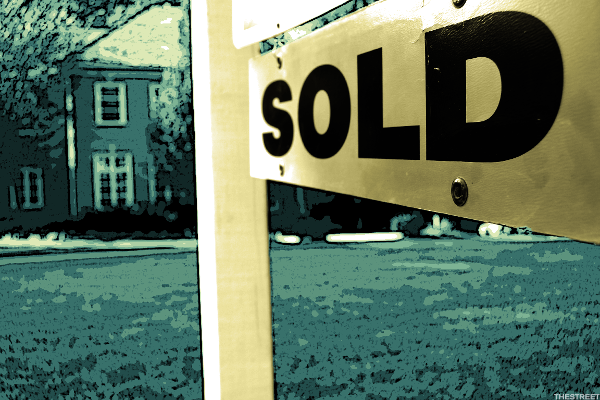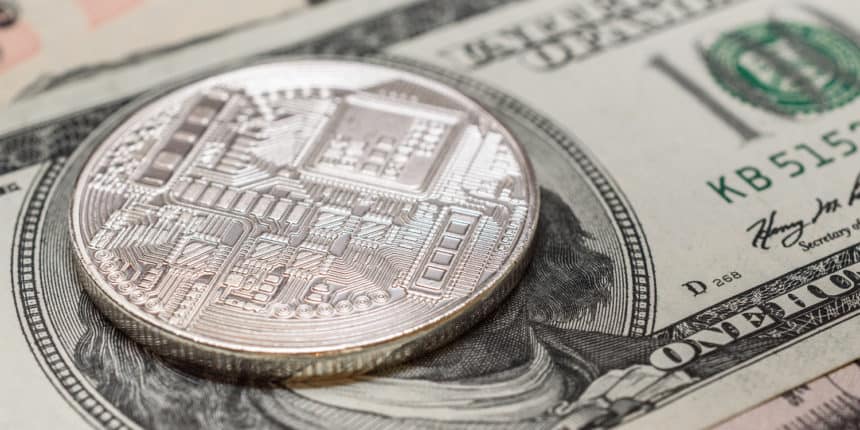
Knowing the right time to buy house is just as important in the home buying process as knowing what house you’re going to buy, where you’re going to buy it, and how you’re going to buy that home.
Why is the “when factor” so important?
As with most financial endeavors, timing can be everything, and that goes double for landing a dream home. Pricing, interest rate levels, the calendar month of the year, and your own personal cash situation all can factor in on when to buy.
There’s also something of a Zen factor in buying a home.
To a prepared home buyer, there’s often a vibe on the time to purchase a home – conditions like cash and opportunity are optimal, the seller of an attractive property is willing to sell at a good price, and the buyer’s personal life (i.e., newly married, expecting a new baby, or just got a big bonus, for example) is in a place where the time to pull the trigger on a new residence is now – and not next month, or even next week.
Reality also dictates when to buy a new home. For instance, your employer has relocated you cross-country and you start your new post in two weeks. In that scenario, the time to buy really is right now, or you may not have a place to call home for a while.
Let’s take a good look at the “when to buy a home” issue, and break down the elements that dictate the “timing” factor in signing on the home mortgage dotted line.
The Best Times to Buy a Home
There are multiple factors that go into the “when to buy a home discussion.” The following factors are among the most critical, and should be evaluated first.
1. Early in the Year
The calendar is a good barometer for the best time to buy a house.
In general, prices are less expensive at the end of the year, especially in December. Primarily, that’s because the inventory that’s on the market comes from owners who have to sell, and are more willing to negotiate.
That could mean an owner whose company is transferring him or her to another state, and the owner must move fast. Or, the homeowner is hard up for cash, and can’t afford to wait until the traditionally busy spring home selling season.
The takeaway on the late-year calendar issue is this – people who are selling their home in November and December, in the midst of the holiday season, are often selling because they have to. Buyers can take advantage of that scenario and cut a better deal on a home price later in the year.
Waiting until January and February can work in the home buyer’s favor, as well.
Data shows that U.S. home prices cost about 8.4% less in the first two months of the year than they do in July and August, in the midst of the busy summer selling season. That scenario also falls in the “have to sell” as opposed to “want to sell” home seller equation.
2. When Interest Rates Are Low
In the past few years, the Federal Reserve has sustained a policy of raising interest rates to keep inflation low, and the economy stable.
In early 2019, 30-year fixed mortgage interest rates rose to between 4.5% and 5.0%, depending on the lending institution. Only two years ago, when interest rates were much lower, home buyers could grab a 30-year fixed-rate mortgage for under 4%.
That disparity is important and here’s why.
Consider a $300,000 home, purchased with a $60,000 down payment, at an interest rate of 5.0% (generally where mortgage rates are in early 2019.) With a $240,000 mortgage loan, the average monthly payment on the property would be $1,288.37, while the total of 360 monthly payments amounts to $463,813.88. More to the point, total interest paid over the entire course of the loan would be $223,813.88.
But what if you can get the same mortgage loan at an interest rate of 4.0%, like many buyers got two or three years ago, when rates were lower?
In that event, the monthly mortgage payment would amount to $1,145.80, while the total mortgage principal and interest payment over 360 months would amount to $412,486.82. Total interest paid over the course of the loan would be $172,486.82 – representing a total savings of over $50,000 on your mortgage interest payments.
That’s why it’s important to keep a sharp eye on interest rates. All things being equal, and with good credit, a savvy home buyer strikes when rates are lower, and can save a bundle on the deal.
3. When Your Financial Situation Is Optimal
The best time to buy a new home can also be when you’re cash flush, your credit score is strong, and you don’t have a lot of large debts.
This could be the case in several scenarios:
- You just finished paying off your student loans, and have extra cash for a home.
- You just received a big raise or bonus, and you have more money for a good down payment.
- You just got married, and between two spousal incomes, you have more cash for a new home purchase.
- You just sold your home of 20 years (for example) and with plenty of cash liquidity in the home, you have plenty of money to buy a new home, without having to resort to a big mortgage.
- You just finished paying off your kids’ college costs, and have extra cash for a home purchase.
- You just received a big family inheritance, and you have the money to buy a home.
Of course, here are no absolutes in the above cases, as everyone’s personal financial situation is unique.
The larger takeaway still holds though – the more money you have on hand, the better time it is to buy a new home without having to depend too much on a large, interest-heavy mortgage loan.
4. When Inventories Are High
Another great time to buy a home is when there are plenty of homes available on the market, and home sellers need to be price competitive to sell their homes and get them off the market.
Usually home inventories are heaviest in the spring and summer selling seasons, where plenty of families put their homes on the market because foot traffic is heavy and because buyers want to move in before Labor Day, and get their kids ready for school.
Data shows that the highest month for home-for-sale inventories is May, followed by April and June. The months with the lowest inventories are December, November and January, in that order.
Again, you might be able to strike a great deal in the winter months, as owners are more likely to have to sell their homes. But the data shows there are more homes on the market, and more competition on price, in the spring and summer seasons.
5. When the Economy Is Doing Well
It’s worth looking at key economic indicators like housing starts and the U.S. unemployment figures when evaluating the best time to buy a home.
Besides the likely fact that since the economy is doing well, you must be doing well, too, there are other factors in play when studying the economy. That’s particularly the case with two key indicators:
- New construction. When new home construction is strong, there are more homes to buy, and ample supply almost always relieves pressure on home prices. That’s a good time to act if you have the cash and are ready to buy a new home.
- Income and employment numbers. When consumer sentiment is strong, consumer income is up, and employment is near maximum levels, buyers typically have more cash to buy a new home, and stronger credit that translates into lower mortgage interest payments. That could be a good time to buy a home, too – when you’re cash flush.
Buy a Home When It Feels Right for You
Again, there are no hard and fast rules here – just the likely (but not guaranteed) tendencies, time lines and trends that combine to make it a good time to buy a home.
Leverage the factors listed above and see if they don’t spark something deep down inside of you, the great American home buyer, and see if you can’t get a great deal on the home of your dreams.























